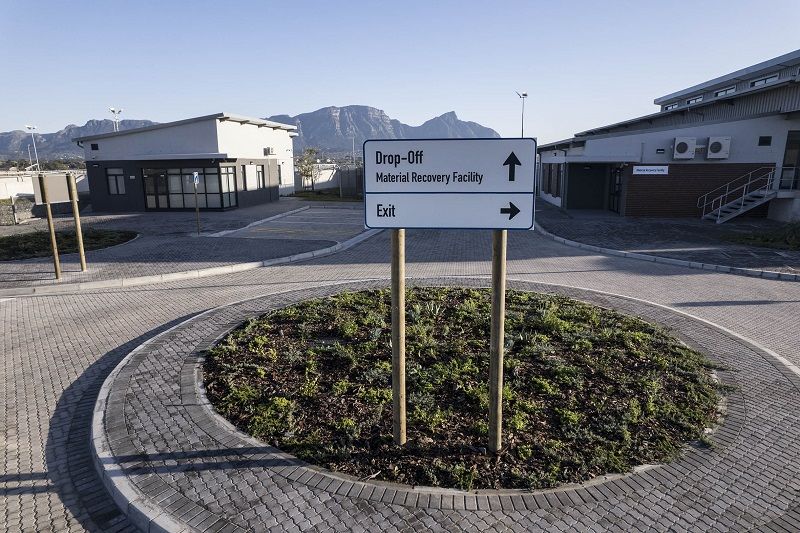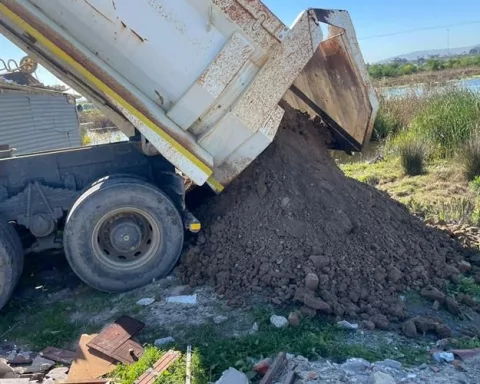Cape Town is making significant strides towards a sustainable future in waste management. The city’s Urban Waste Management Directorate has released its budget for 2023/24, which emphasizes the expansion of landfill capacity, engineering innovation, and increased recycling efforts.
Capital Expenditures
Three major capital expenditures form the core of this visionary plan. The first is the design and development of a materials recovery facility (MRF) at the Vissershok Landfill, with a budget of R186 million. The second is an investment of R121 million for the expansion of available airspace at the Vissershok landfill site, and the third is the allocation of R224 million for vehicle replacement, ensuring the reliability of waste collections and reducing illegal dumping.
Several other noteworthy capital projects are also included in the 2023/24 budget, such as the construction of an MRF at Athlone Refuse Transfer Station (R7m), waste to energy infrastructure at Vissershok (R5m) and Coastal Park (R5m), and the upgrade of vehicle storage facilities at Maitland depot (R1m). Additionally, the Killarney drop-off will receive an upgrade costing R137,000.
Future Plans
Approved capital budgets for 2024/25 and 2025/26, totaling R329,582,508 and R462,203,439 respectively, will further bolster Cape Town’s waste management infrastructure. Future plans include depot upgrades, waste minimization improvements at drop-offs, the construction of a new refuse transfer station at Coastal Park, and the refurbishment of the MRF at Kraaifontein Integrated Waste Management Plant. The design and development of a Coastal Park landfill MRF are also on the horizon.
Cleansing Efforts
The directorate has earmarked substantial funds for various cleansing efforts, taking a proactive approach to address the consequences of littering and illegal dumping. Among these initiatives are the Public Employment Programme Cleansing projects (R47m) and the Seasonal Cleansing Programme (R65m). In total, over R680 million, including the aforementioned cleansing projects, will be directed towards job creation opportunities in programs administered by the Public Empowerment and Development Department within Urban Waste Management.
Tariff Front
Consumers will witness a 5.5% increase for waste removal services, while landfill disposal tariffs for trucks will rise by 10.32%. This above-inflation increase aims to cover the costs of landfill airspace, transfer station upgrades, and investment in material recovery facilities, facilitating enhanced organic waste diversion and recycling.
Alderman Grant Twigg, Mayoral Committee Member for Urban Waste Management, highlights the city’s progressive approach to waste management: “The City is working to progressively change society’s relationship with waste, from one where most waste ends up at a landfill to one where waste is minimised through reuse and recycling initiatives.” By investing in landfill capacity expansion, recycling initiatives, and a reliable waste collection system, Cape Town is paving the way for a sustainable and environmentally conscious future.












